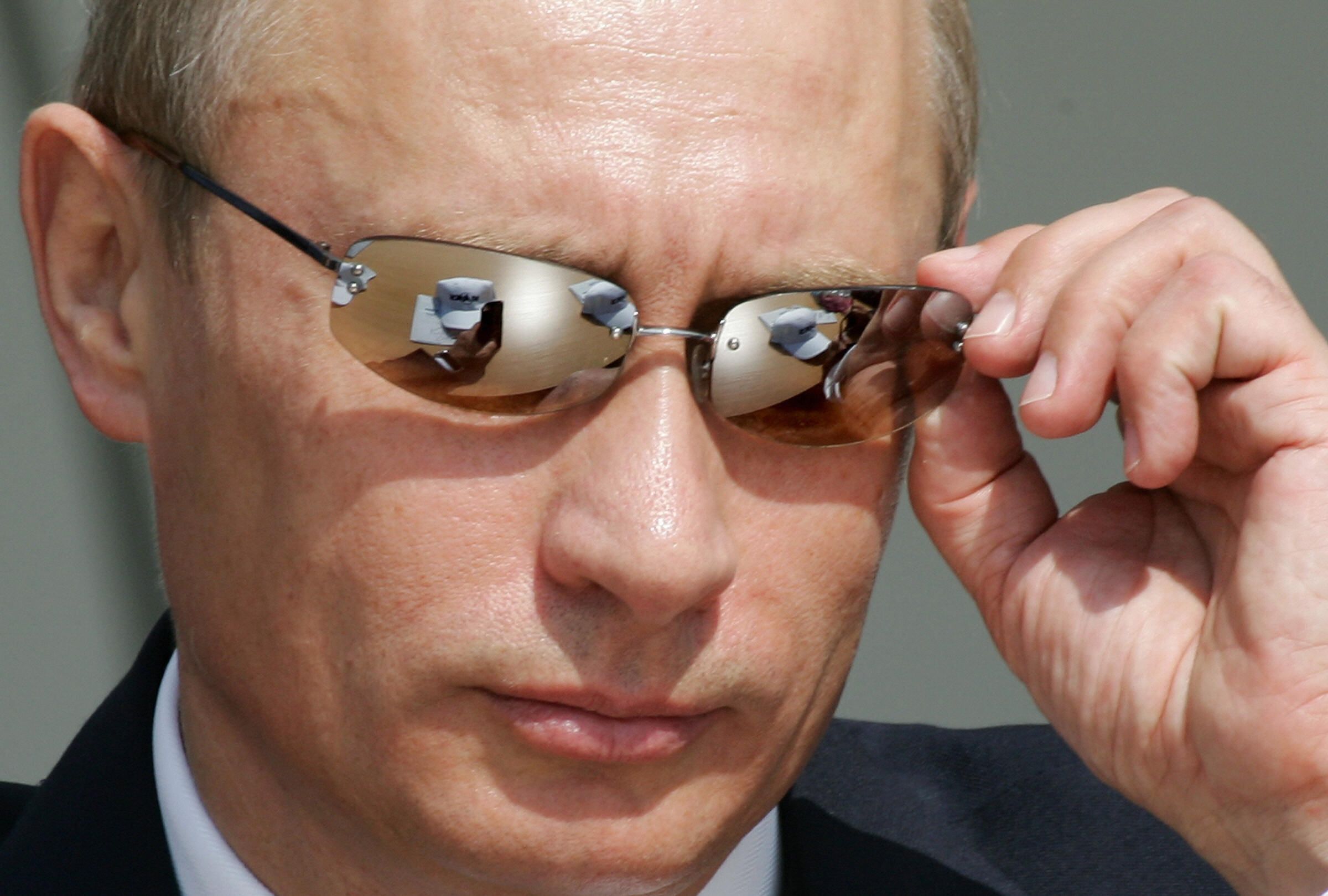
This article first appeared on the American Enterprise Institute site.
On May 22, the Elysée announced that Russian President Vladimir Putin would visit newly-elected French President Emmanuel Macron in Versailles next week.
The media will focus on the now well known fact that Kremlin-affiliated groups hacked the Macron campaign, an attack which failed to sway the election and made Macron dramatically harden his initially conciliatory views towards Russia.
The hacks are important, but so is the broader context. Why Putin attacks Western institutions and creates enemies out of potential partners like Macron is a critical question. How he does it is a more complicated one.
Why Putin attacked the initially agreeable Macron is straightforward. The latter's embrace of the EU and NATO made him Putin's enemy from the outset. To Putin, EU and NATO expansion has robbed Russia of its traditional periphery of buffer states which Russian leaders have long viewed as critical to guaranteeing Russia's security. Those two institutions are also the foundation of European liberal democracy, a system of government antithetical to Putin's autocratic kleptocracy.
The Russian hacking campaign against Macron should look familiar. Russian and Soviet leaders have long used the same playbook against political allies and adversaries, both domestic and foreign: stealing and sometimes releasing confidential information. Content and authenticity do not matter. The objective is not to persuade, but to confuse, overwhelm and demoralize the public with often contradictory but vaguely scandalous information.
RELATED: Why Are Americans Paying to Back Putin's Invasion of Crimea?
But importantly, hacks are not his only tactic. Putin seeks to undermine European unity wherever he can, using a variety of methods. Famously, Macron's adversary, the euro-skeptic nationalist Marine Le Pen, received a 9-million-euro loan from a Russian bank in 2014. The Kremlin also has well-documented links to euro-skeptics in Germany, Austria, Poland, Slovakia, and Hungary. Russian influence, however, is not limited to small fringe parties.
In 2015, for example, the Kremlin reportedly offered the newly-elected Greek Prime Minister Alexis Tsipras discounts on gas and low-interest loans during his trip to Moscow. Simultaneously, Tsipras released a statement stating the EU should end sanctions on Russia over Crimea.
The loans and discounts never materialized but that hardly mattered. Tsipras bolstered his image with a high-profile international trip, and Putin struck another blow against European unity on the sanctions.
Based on past examples, the assistance the Kremlin offered would have been neither transparent nor legal. Such "outreach" usually involves a complex and opaque web of Russian businessmen and corporations funneling billions of dollars into the pockets of foreign officials and political elites.
The Kremlin's newly enriched allies then naturally begin dismantling the pillars of democratic governance like independent judiciaries, free press and civil society which might expose them. Pro-European politicians like Macron are dangerous to Putin because they advocate for these very institutions which fight against this corrupting influence.
Hungary is a perfect example of Putin's tactics. In March, the EU greenlit a contract to expand Hungary's Paks power plant despite massive controversy. The 2014 no-bid contract awarded by Prime Minister Victor Orbán's government to Russian state power company Rosatom is worth over 12 billion euros and is an ethics nightmare.
Rosatom planned on using a bank currently under Western sanctions for some of the financing, many of the details are Hungarian state secrets (sealed for another 30 years ), and Orbán's government – not Hungary's regulatory agency – will oversee the project.
RELATED: Putin Breaks Reagan Treaty. Secretly Tests Nukes
The influx of billions of unaccountable Russian rubles will only embolden the increasingly autocratic, euroskeptic, and pro-Putin Orbán to continue his crackdown on the traditional checks of free press and civil society. This kind of subtle but devastating Russian influence has contributed to steadily worsening corruption and collapsing rule of law throughout Eastern Europe for years.
In addition to countering hacks and political misinformation, the steps the West should take are straightforward. More stringent enforcement of transparency standards in business deals can help combat corruption which the Kremlin uses to compromise and co-opt elites.
This also involves investigating money laundering through Western financial institutions and real estate. It is both a security threat – as it gives the Kremlin access to off-shore cash to fund attacks on Western institutions – and a moral failing in letting oligarchs use Western institutions to hide money looted from the Russian people.
Macron's experience shows that Putin is already at war with the West, whether the West realizes it or not. Western leaders must understand and counter Putin's attacks against the norms and institutions that have kept Europe peaceful and prosperous for nearly 70 years.
Uncommon Knowledge
Newsweek is committed to challenging conventional wisdom and finding connections in the search for common ground.
Newsweek is committed to challenging conventional wisdom and finding connections in the search for common ground.
About the writer
To read how Newsweek uses AI as a newsroom tool, Click here.








